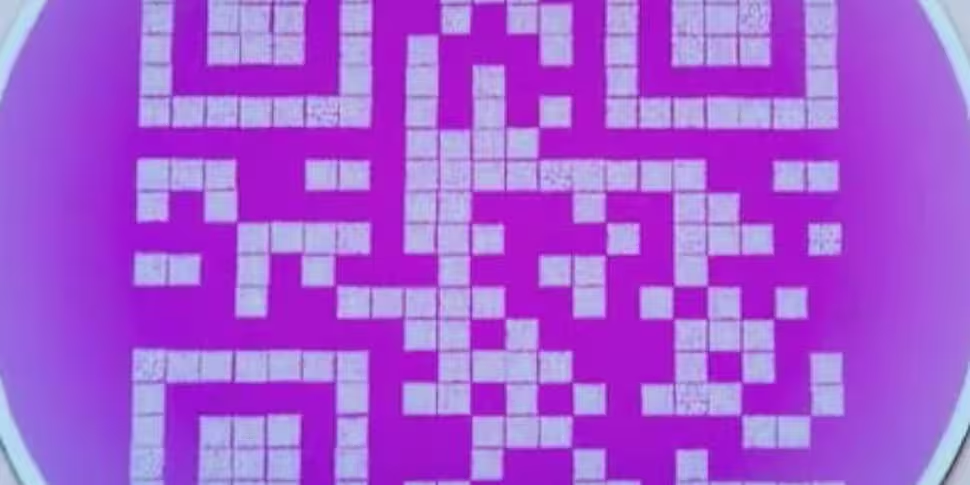The biggest problem with CDs and DVDs is that they can get destroyed or badly scratched so easily. Even if you take great care of your discs, they still only have a limited shelf-life: 'disc rot' and other data unfriendly problems are likely to start setting in after a few decades, individual disc lifespans dependent on the environmental conditions where they're stored. Recordable DVDs and CDs have a particularly short life expectancy, while even hard-drives are known for their high failure rates and long-term unreliability.
While the likes of solid state drives likely to provide some progress towards long-term solutions, one University of Twente student has invented a novel alternative. Jeroen de Vries' disc is effectively a giant QR code made of robust, almost indestructible tungsten stored in silicon nitride. According to Phys.org, it's estimated that this could store important information for up to a billion years, and therefore a theoretically reliable way to store information for any distant future beings that may stumble across it.
To put the disc to the test, Vries has released a video showing him putting the disc through abuse that would spell the end for most other data storage devices. It proves that this is likely the most reliable data storage method for anyone who struggles to have a barbecue without destroying part of their CD collection:
Een mega- tot gigajaar opslagmedium from University of Twente on Vimeo.
(Image: Vimeo / University of Twente)









